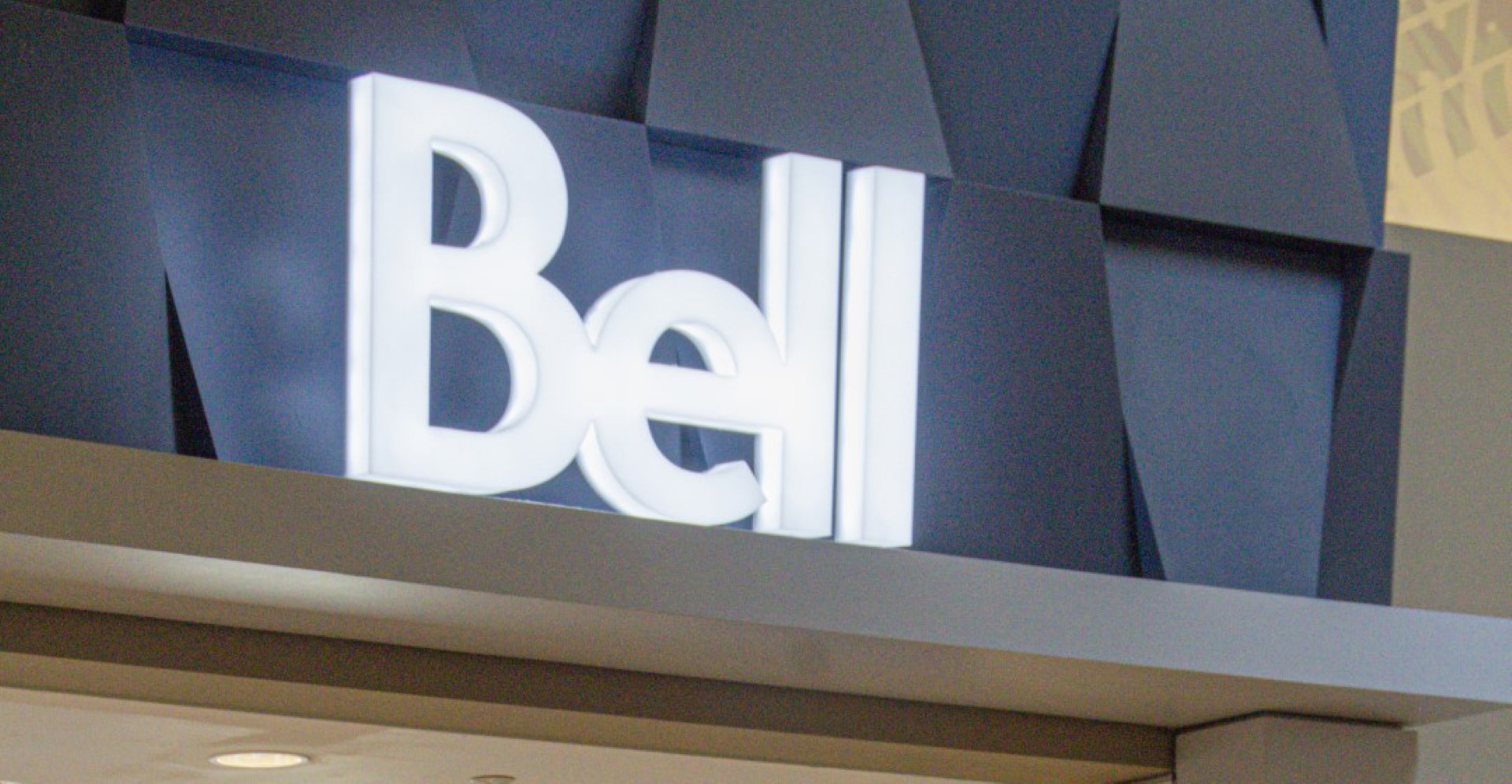
Streaming (and Bell) killed the media star
By Craig Allan, Business Manager
When it comes to the dismantling of Canadian media, Bell has done notable harm to the channels it owns.
A couple of years ago I went to a show hosted by former Much Music video jockey (VJ) and shock puppet extraordinaire Ed the Sock. At the end of the show, his puppeteer Steven Joel Kerzner came out from underneath the stand to take questions. This allowed me to ask him a question I had been wanting to ask for some time: “What are your thoughts about Much Music and the Canadian television industry today?” He gave a simple response: “It sucks.”
He then proceeded to tell a story about the reason why he left the network, which involved him producing a show that became the highest rated show in the channel’s history. The show was eventually cancelled because the executives told him that this was not the kind of programming the audience was interested in, despite the proven ratings.
On February 9, I couldn’t help but think back to this story when the news came out that Bell Media (the same company that currently owns Much) announced that they were cutting the all-sports radio station TSN 1040 Vancouver. They decided to cut it despite the fact that it was soundly beating its competition, Sportsnet 650, along with two other all-sports stations in Winnipeg and Hamilton. The truth is cuts like this are going to keep happening and they are going to get worse if action is not taken. While this is an issue with every owner of Canadian media channels now, I will focus this on Bell owned properties, because while all telecom owned properties have been cutting people (like Rogers did with their Vancouver media holdings back in November) it is Bell that has been the biggest cost cutters and gutters of the industry.
When it comes to the dismantling of Canadian media, Bell has done notable harm to the channels it owns. Bell owns channels like Much Music, Discovery, CTV Comedy, and CTV Sci-Fi (more on those names later). These channels once had life, with Much Music having VJ’s, Sci-Fi (then Space) having talk shows about science fiction topics, and Discovery hosting a daily talk show about all kinds of knowledgeable topics. Now, the life has been sucked out of these channels with nothing but endless Simpsons reruns, movie reruns, and Canadian programming from years past—and they are likely only there to achieve the low bar of Canadian content that the networks must maintain. A couple of years ago, they even changed the names of four of their stations to generic names like CTV Drama and CTV Life to further take away from the identity that these channels possessed in the name of “synergy.”
This may be a television example, but it is the same for radio too as Bell looks to cut costs all while providing more money for the shareholders. They even took a $123 million subsidy from the Canadian government to ensure that their shareholders were monetarily supported in these tough times.
It is easy to look at this and say that the culprit for this demise is the internet. That it has taken away viewers of traditional media like television and radio, but this is a simplistic argument. If the internet has taken away viewers from television, then why hasn’t Bell tried to move the programs that once dominated these channels to the online audience? It’s simple: they do not care. If they don’t care, then why don’t they just sell these channels to someone who will do a better job? I think the answers to that is Bell knows that no one will buy them for the money that makes it worthwhile for them to sell, so they are fine with just letting the channels fade away.
For Bell, Rogers, and other telecom companies, their only interest is not with the content, but how the content is delivered to the user through WIFI and data connections. This is the future and they know it; they can let Canadian TV die, because it has no value to them anymore.
There are currently calls for the government to establish laws that will force streamers like Netflix and Disney+ to make Canadian programs. However, no one knows if the qualifications for that will involve Canadian content as content with a Canadian identity, or content that is merely filmed in Canada but stripped of its Canadian identity. These moves should be adopted fast, because Conservative leader Erin O’Toole is campaigning to defund the CBC—the country’s only real producer of Canadian content under the guise that “The Family Feud is not the Canadian story.”
The truth is that we need to see the Canadian identity in our media, because if we don’t tell our stories, no one else will.


